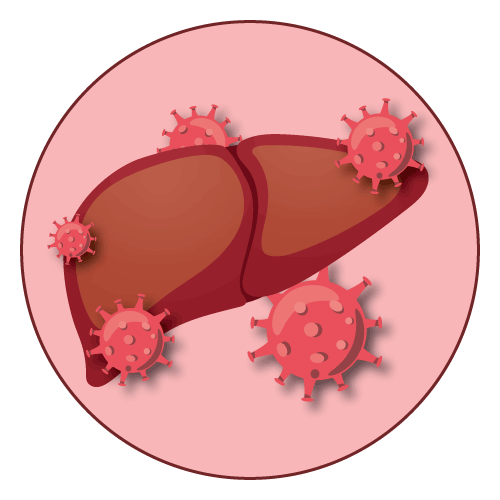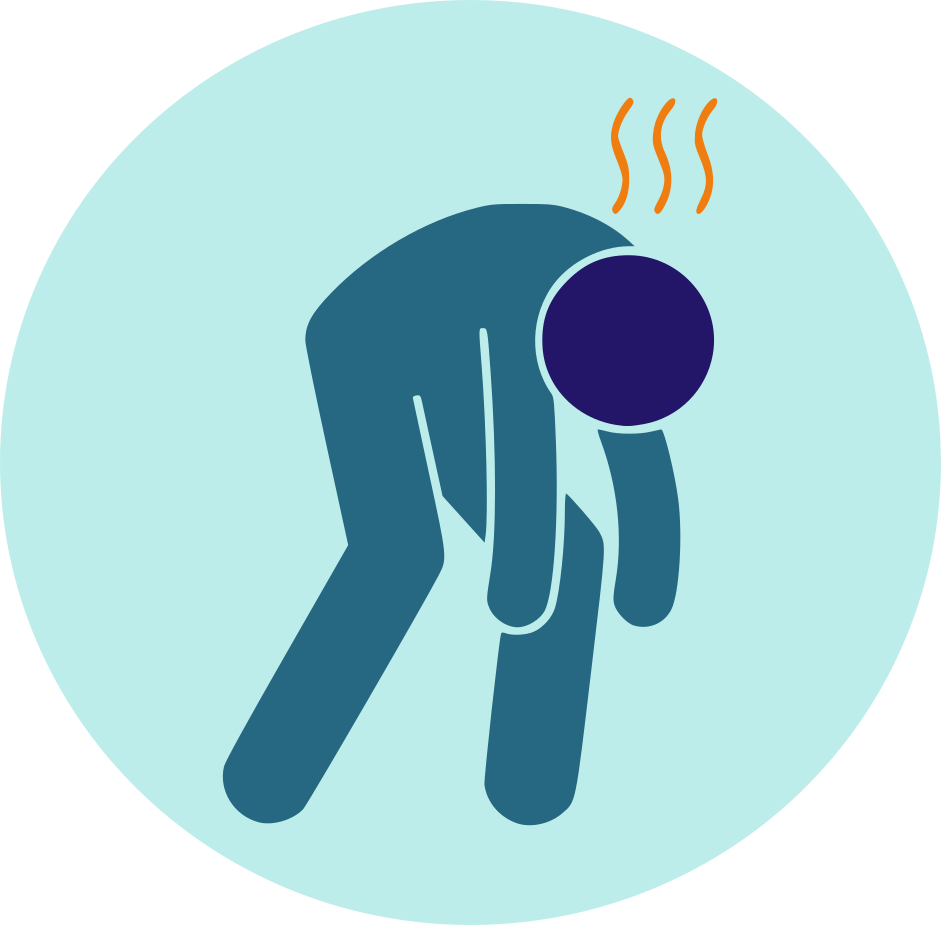| Name | Entecavir |
| Classes |
Antiinfective Agent Antiviral Agent NRTI (Nucleoside Reverse Transcriptase Inhibitor) |
| Diseases |
Hepatitis B Infectious Disease |
Entecavir
Entecavir, a guanosine nucleoside analogue with anti-HBV polymerase activity, is efficiently phosphorylated to the active triphosphate form, which has a 15-hour intracellular half-life. Entecavir triphosphate inhibits HBV polymerase activity by competing with the natural substrate deoxyguanosine triphosphate.
Entecavir is used to treat adults with chronic Hepatitis B virus infection who have active viral replication and either persistent elevations in serum aminotransferases (ALT or AST) or histologically active disease.
Recommended Dosage
- Entecavir 0.5 mg once daily is the recommended dose for chronic hepatitis B virus infection in nucleoside-treatment-naive adults and adolescents 16 years of age and older.
- Entecavir 1 mg once daily is recommended for adults and adolescents (16 years of age) with a history of hepatitis B viremia while receiving lamivudine or known lamivudine resistance mutations.
- Entecavir should be taken on an empty stomach (at least 2 hours after a meal and 2 hours before the next meal).
- Each milliliter of Entecavir Oral Solution contains 0.05 mg of entecavir. As a result, 10 mL of the oral solution contains 0.5 mg of entecavir and 20 mL contains 1 mg of entecavir.
Dosage adjustment is recommended for patients with creatinine clearance <50 mL/min, including patients on hemodialysis or continuous ambulatory peritoneal dialysis.
- The use of nucleoside analogues alone or in combination with antiretrovirals has been linked to lactic acidosis and severe hepatomegaly with steatosis, including fatal cases.
- Severe acute hepatitis B exacerbations have been reported in patients who have stopped taking anti-hepatitis B medications, including entecavir. In patients who discontinue anti-hepatitis B therapy, hepatic function should be closely monitored with clinical and laboratory follow-up for at least several months. If appropriate, anti-hepatitis B therapy may be initiated.
- Dosage adjustment of Entecavir is recommended for patients with a creatinine clearance <50 mL/min, including patients on hemodialysis or CAPD.
- The safety and efficacy of Entecavir in liver transplant recipients are unknown. If Entecavir treatment is determined to be necessary for a liver transplant recipient who has received or is receiving an immunosuppressant that may affect renal function, such as cyclosporine or tacrolimus, renal function must be carefully monitored both before and during treatment with Entecavir.
Contraindication
Contraindicated in patients with previously demonstrated hypersensitivity to entecavir or any component of the product.
None known.
None known.
 Bangla
Bangla English
English



